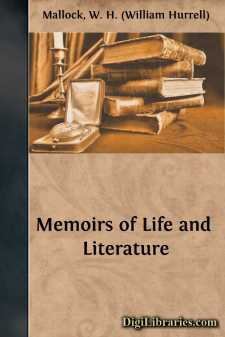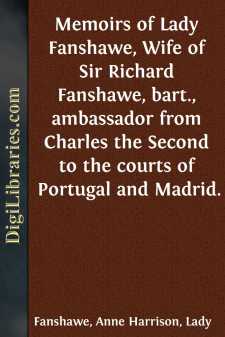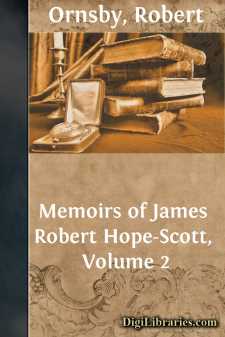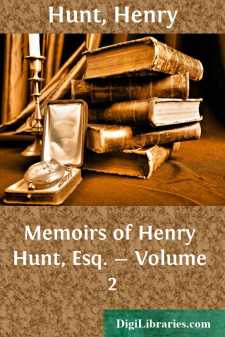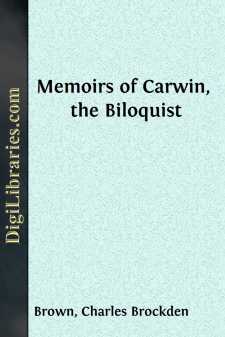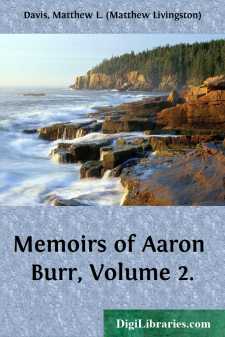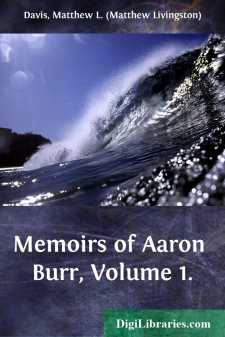Fiction
- Action & Adventure 180
- Biographical 15
- Christian 59
- Classics 6965
- Coming of Age 5
- Contemporary Women 3
- Erotica 8
- Espionage/Intrigue 12
- Fairy Tales, Folklore & Mythology 236
- Family Life 169
- Fantasy 117
- Gay 1
- General 596
- Ghost 32
- Historical 808
- Horror 43
- Humorous 160
- Jewish 25
- Legal 4
- Medical 22
- Mystery & Detective 315
- Political 49
- Psychological 41
- Religious 64
- Romance 159
- Sagas 11
- Science Fiction 730
- Sea Stories 113
- Short Stories (single author) 537
- Sports 10
- Suspense 1
- Technological 8
- Thrillers 2
- Urban Life 31
- Visionary & Metaphysical 1
- War & Military 173
- Westerns 199
Fiction Books
Sort by:
CHAPTER I FAMILY ANTECEDENTS The Mallocks of Cockington—Some Old Devonshire Houses—A Child's Outlook on Life "Memoirs" is a word which, as commonly used, includes books of very various kinds, ranging from St. Augustine's Confessions to the gossip of Lady Dorothy Nevill. Such books, however, have all one family likeness. They all of them represent life as seen by the writers from a...
more...
There is a deathless charm, despite the efforts of modern novelists and playwrights to render it stale and hackneyed, attaching to the middle of the seventeenth century—that period of upheaval and turmoil which saw a stately debonnaire Court swept away by the flames of Civil War, and the reign of an usurper succeeded by the Restoration of a discredited and fallen dynasty. So long as the world lasts,...
more...
by:
Robert Ornsby
CHAPTER XVIII. 1841-1842. Mr. Hope's Pamphlet on the Jerusalem Bishopric—His Value for the CanonLaw—Continued Correspondence of Mr. Hope and Mr. Newman on the JerusalemBishopric—Mr. Newman's Idea of a Monastery—Mr. Newman writes fromLittlemore, April 22, 1842—Dr. Pusey consults Mr. Hope on his Letter tothe Archbishop of Canterbury—Dr. Pusey and the Jerusalem Bishopric—Letters of...
more...
by:
Henry Hunt
MEMOIRS OF HENRY HUNT. This wanton outrage was perpetrated in the presence of those, who will, perhaps, blush when they read this. I do not say that this was done by the Magistrate; but it was done by the gang that surrounded him, and I know the villain who did it. The poor thing lay senseless for some time; no one of the numerous spectators daring to go to her assistance. When she came to her senses,...
more...
by:
Henry Hunt
MEMOIRS OF HENRY HUNT. Hunting, shooting, and fishing by day, and mixing in the thoughtless, gay, and giddy throng by night, soon, however, dispelled any unpleasant impression which this circumstance had made upon my mind. I every day became acquainted with new and more fashionable society than I had before associated with, and as my son was about to be christened, we were determined to give a...
more...
by:
Henry Hunt
FRIENDS AND FELLOW COUNTRYMEN, In dedicating this work to you, I will, in the first instance, briefly record the fact, that—on Monday, the 15th day of May, Mr. Justice Bayley, as senior puisne Judge of the court of King's Bench, in a mild and gentle manner, passed the above unexampled sentence upon me for having attended a public meeting at Manchester, by the invitation of seven hundred...
more...
by:
John Cleland
LETTER THE FIRST I sit down to give you an undeniable proof of my considering your desires as indispensable orders. Ungracious then as the task may be, I shall recall to view those scandalous stages of my life, out of which I emerged, at length, to the enjoyment of every blessing in the power of love, health and fortune to bestow; whilst yet in the flower of youth, and not too late to employ the...
more...
Chapter I. I was the second son of a farmer, whose place of residence was a western district of Pennsylvania. My eldest brother seemed fitted by nature for the employment to which he was destined. His wishes never led him astray from the hay-stack and the furrow. His ideas never ranged beyond the sphere of his vision, or suggested the possibility that to-morrow could differ from to-day. He could read...
more...
CHAPTER I. Colonel Burr's study of the law [1] has been already briefly noticed. He brought to that study a classic education as complete as could, at that time, be acquired in our country; and to this was added a knowledge of the world, perhaps nowhere better taught than in the camp, as well as a firmness and hardihood of character which military life usually confers, and which is indispensable...
more...
CHAPTER I. The grandfather of Colonel Aaron Burr, the subject of these memoirs, was a German by birth, and of noble parentage. Shortly after his arrival in North America, he settled in Fairfield, Connecticut, where he purchased a large tract of land, and reared a numerous family. A part of this landed estate remained in the possession of his lineal descendants until long after the revolutionary war....
more...


